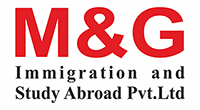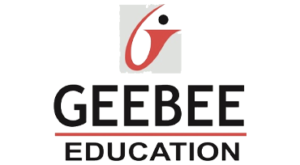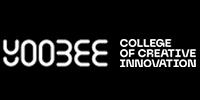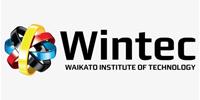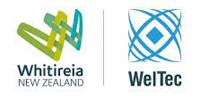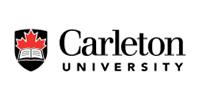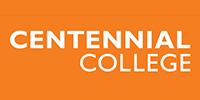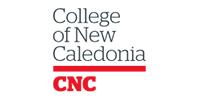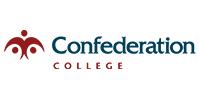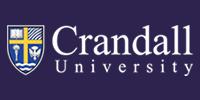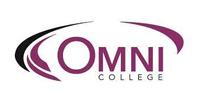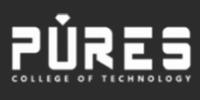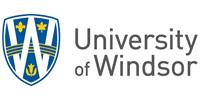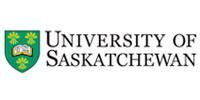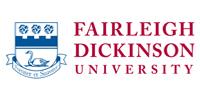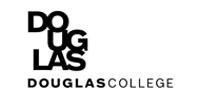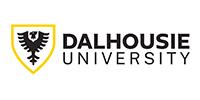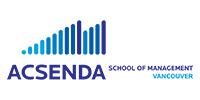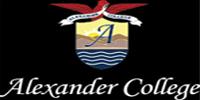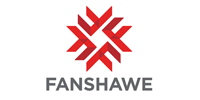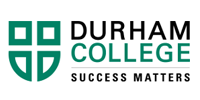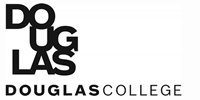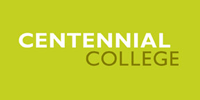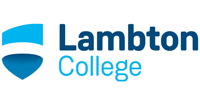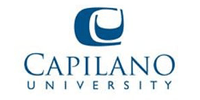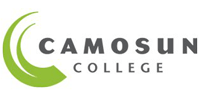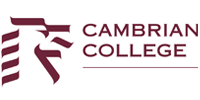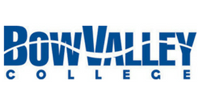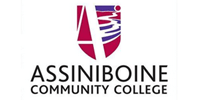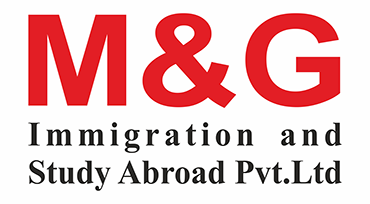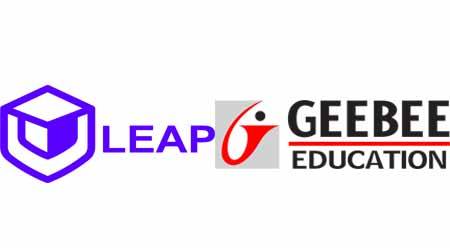In the most recent iteration of its Express Entry draw, Immigration, Refugees, and Citizenship Canada (IRCC) has issued Invitations to Apply (ITAs), extending invitations to 7,000 candidates. This selection was meticulously carried out, emphasizing proficiency in the French language among other specific category-based criteria.
Candidates required a minimum Comprehensive Ranking System (CRS) score of 365, marking the most lenient threshold observed thus far this year. Notably, today’s draw marks the second within this week, following closely on the heels of the January 31 draw where 730 candidates were invited in a general draw, necessitating a minimum CRS of 541.
January bore witness to two additional draws. On January 23, 1,040 candidates received invitations with a minimum CRS score of 543 in a general draw. Prior to that, on January 10, 1,510 candidates were invited with a CRS score of 546 in yet another general draw.
It remains early in the year to prognosticate the trajectory of Express Entry draws throughout 2024. In 2023, IRCC orchestrated 42 draws and dispensed ITAs to over 110,000 candidates, aligning with the admission targets delineated in the Immigration Levels Plan for both 2023 and 2024.
In tandem with these developments, noteworthy adjustments to the eligibility criteria for Post-Graduation Work Permits (PGWPs) were disclosed by IRCC on January 22. Effective September 1, international students enrolled in programs at private colleges under curriculum licensing agreements with public colleges will no longer be eligible for PGWPs.
Additionally, graduate-level students enrolled in programs shorter than the requisite eight months will now be eligible for a three-year PGWP. This alteration augurs well for graduate-level students seeking to accrue sufficient work experience within Canada to qualify for inclusion in the Express Entry application pool.
Express Entry serves as the conduit for managing applications across three of Canada’s foremost economic immigration programs: the Federal Skilled Workers Program (FSWP), the Canadian Experience Class (CEC), and the Federal Skilled Trades Program (FSTP). Candidates vying for inclusion in these programs are assessed based on the Comprehensive Ranking System (CRS), which evaluates various human capital attributes including work experience, education, age, occupation, and language proficiency. For instance, candidates aged between 20-29 garner 100 CRS points, with diminishing points allotted beyond this age bracket.
In May 2023, IRCC introduced category-based selection draws for Express Entry candidates with demonstrable work experience in high-demand occupations.
These categories include those with strong French-language aptitude and five other occupation-based segments, namely Healthcare, Science, Technology, Engineering, and Mathematics (STEM) professions, Trades occupations, Transport occupations, and Agriculture and Agri-food occupations.
Applying for Express Entry entails a multi-step process. Initially, applicants must self-assess their eligibility for an Express Entry program, bearing in mind that each program entails distinct eligibility criteria.
Subsequently, candidates create a profile within the Express Entry pool, garnering a CRS score in the process. Following this, candidates await an invitation to apply in an Express Entry draw. Upon receiving an ITA, candidates have a 60-day window to assemble their documents and submit their final application for permanent residence to IRCC.















